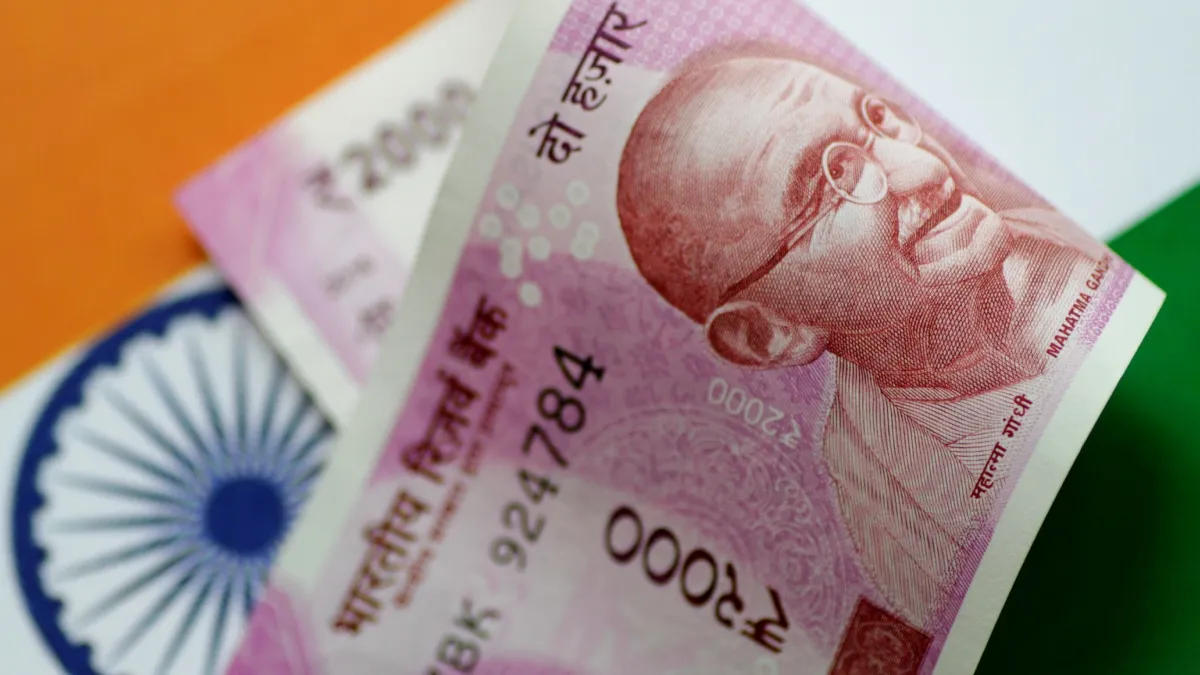In the fiscal year 2024, the economic landscape witnessed a notable upturn, propelled by a strategic combination of increased government spending and targeted investments. This dynamic approach, centered around bolstering key sectors and stimulating overall economic activity, laid the groundwork for an impressive 7.3% growth.
Government spending played a pivotal role in this economic resurgence, with a deliberate focus on infrastructure development, healthcare, and education. Large-scale projects, ranging from transportation networks to smart cities, received substantial allocations, injecting both liquidity and momentum into the economy. This surge in public expenditure not only generated employment opportunities but also fostered a conducive environment for private sector growth.

Source:- ndtv
Simultaneously, strategic investments across diverse industries further fueled the economic engine. The government’s proactive stance in attracting domestic and foreign investments by creating favorable policies and streamlining regulatory frameworks paid off handsomely. Sectors such as technology, renewable energy, and manufacturing witnessed a surge in capital influx, fostering innovation and job creation.
Source:- times now
The fiscal measures adopted included tax incentives, subsidies, and grants strategically designed to incentivize businesses and stimulate consumer spending. This multi-pronged approach aimed to create a virtuous cycle of economic growth, with increased production leading to higher incomes, subsequently driving consumption and investment.
Additionally, the government’s emphasis on research and development fostered innovation, positioning the country as a hub for cutting-edge technologies and advancements. This not only boosted economic growth but also enhanced global competitiveness.
The positive impact of these policies was felt across various economic indicators. Unemployment rates dropped as new jobs were created, and consumer confidence surged, leading to increased spending. The manufacturing sector experienced a renaissance, contributing significantly to the overall GDP growth.
Furthermore, the government’s commitment to sustainable development and environmental conservation resonated in policies promoting clean energy and eco-friendly practices. This not only aligned with global sustainability goals but also opened up new avenues for growth and investment.
While challenges remained, including global economic uncertainties and geopolitical factors, the government’s proactive and adaptive approach played a crucial role in navigating these hurdles. Timely policy interventions and a commitment to economic reforms demonstrated resilience and contributed to the overall economic vibrancy.
In conclusion, the fiscal year 2024 stands as a testament to the transformative power of strategic government spending and targeted investments. This dynamic approach not only fueled short-term economic growth but also set the stage for sustainable and inclusive development, positioning the country as a beacon of economic resilience and progress.
Share your views in the comments

